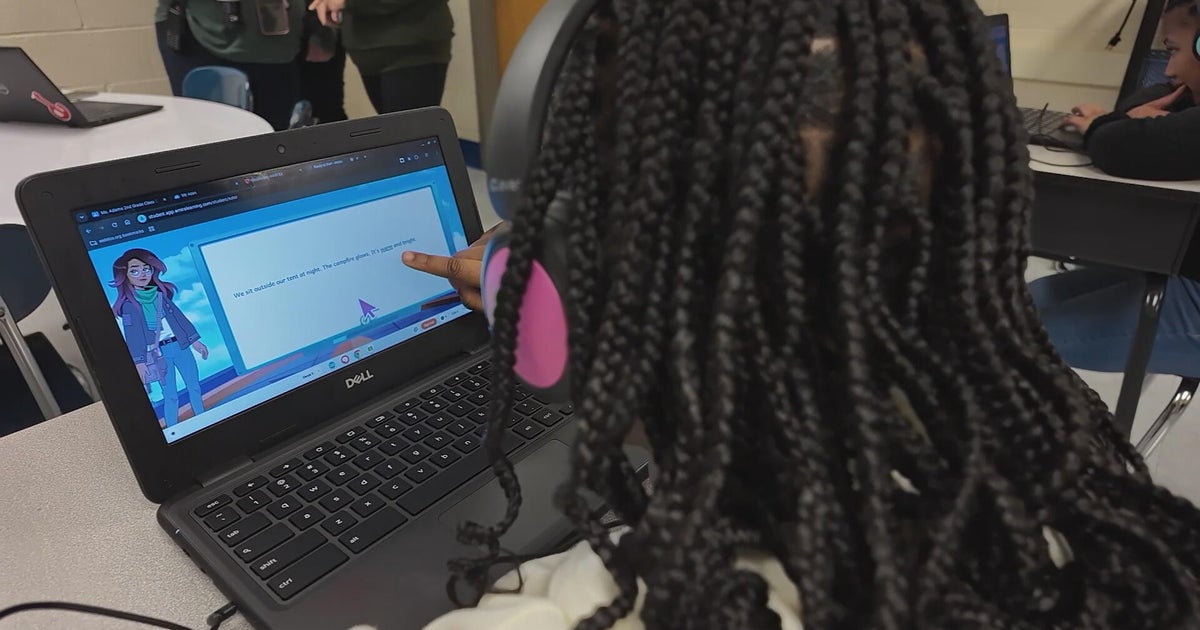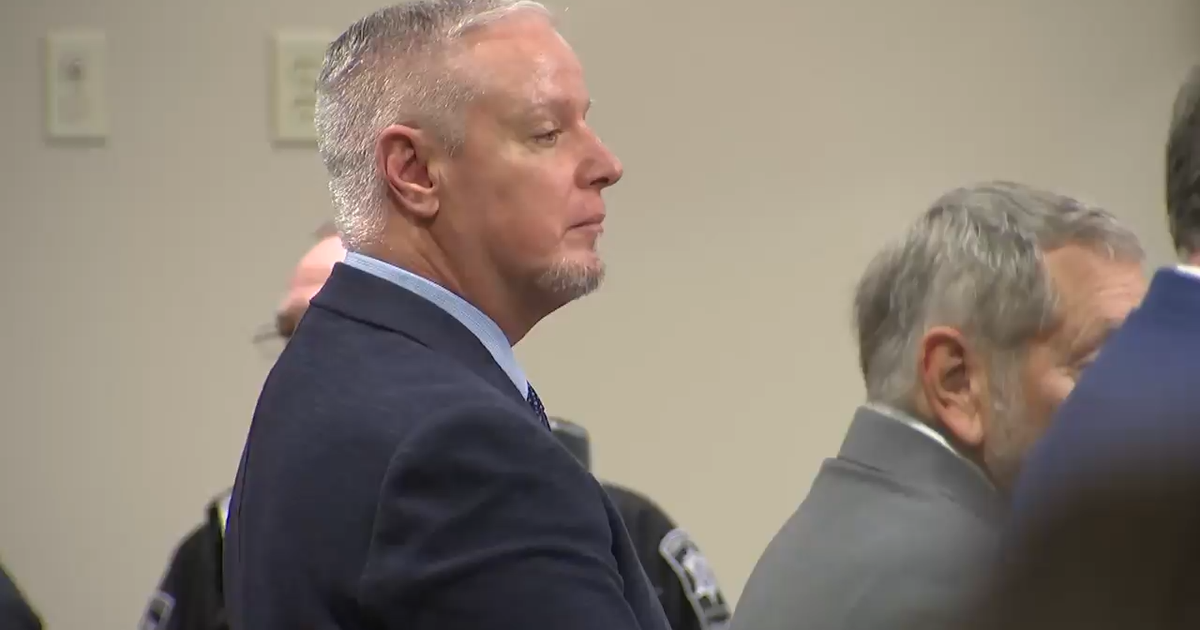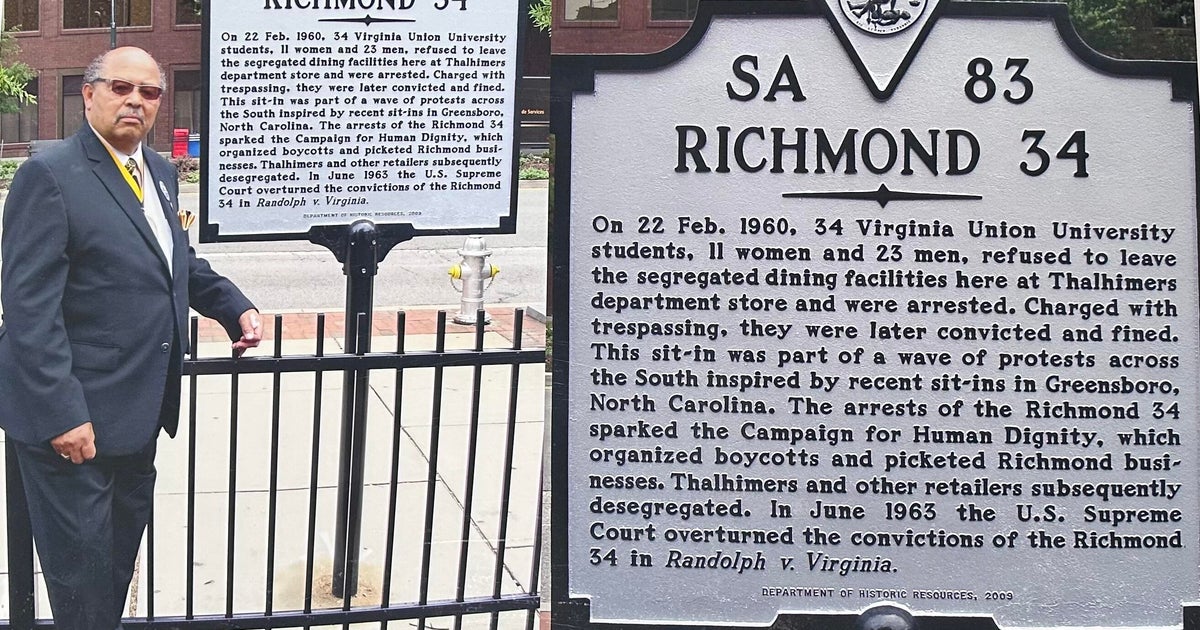CPS Announces 'Coordinated' Opening And Closing Bells For Schools
CHICAGO (STMW) -- All Chicago public schools will not only have a longer school day next year, they will have a more "coordinated" one, with all schools opening and closing within a one-hour assigned window.
Officials touted the lockstep bell schedule as a "safety" improvement that also would allow for more efficient bus routes, but one critic denounced it as "dictatorial."
Under a plan announced Friday, the often-popular 9 a.m. opening bell will be a thing of the past next school year, when all elementary schools will be assigned an opening time between 7:45 and 8:45 a.m. and an end time between 2:45 and 3:45 p.m.
High school students will have to get up even earlier, with all high schools opening between 7:30 and 8:30 a.m. and ending between 3 and 4 p.m., district officials said in a news release.
Schools may appeal their bell times through May 9. To do so they must "demonstrate a significant safety and/or instructional issue with their school's proposed start and end times," according to the district news release. Schools must win the approval of their network chief as well as other district officials to change an assigned bell schedule.
"Never before has the District given such consideration to safety precautions in regards to the start and end times at our schools," Schools CEO Jean-Claude Brizard said in a news release. "The choice to adopt coordinated bell schedules is a new safeguard that we know will have a direct and lasting impact on all CPS students."
Charter schools do not have to follow the new bell schedules.
The staggered starts will allow more bus routes to service multiple schools, for a "significant," though unspecified, savings, one CPS official said.
Officials said they reviewed "critical factors" that affect students as they make their way to and from school — including sunrise and sunset times, proximity to other schools, street traffic, congestion, neighborhood safety concerns and other safety issues — before assigning each school new bell times.
"It's dictatorial, and it's counterproductive because the people on the ground at each local school are the people who are best equipped to make these decisions," contended Don Moore of the reform group Designs for Change.
The 1988 Chicago School Reform law gave local school councils the power to make decisions about the operations of their school, Moore said, because "bureaucratic decisions like this were counterproductive and ineffective and not in the best interests of children."
(Source: Sun-Times Media Wire © Chicago Sun-Times 2012. All Rights Reserved. This material may not be published, broadcast, rewritten, or redistributed.)






